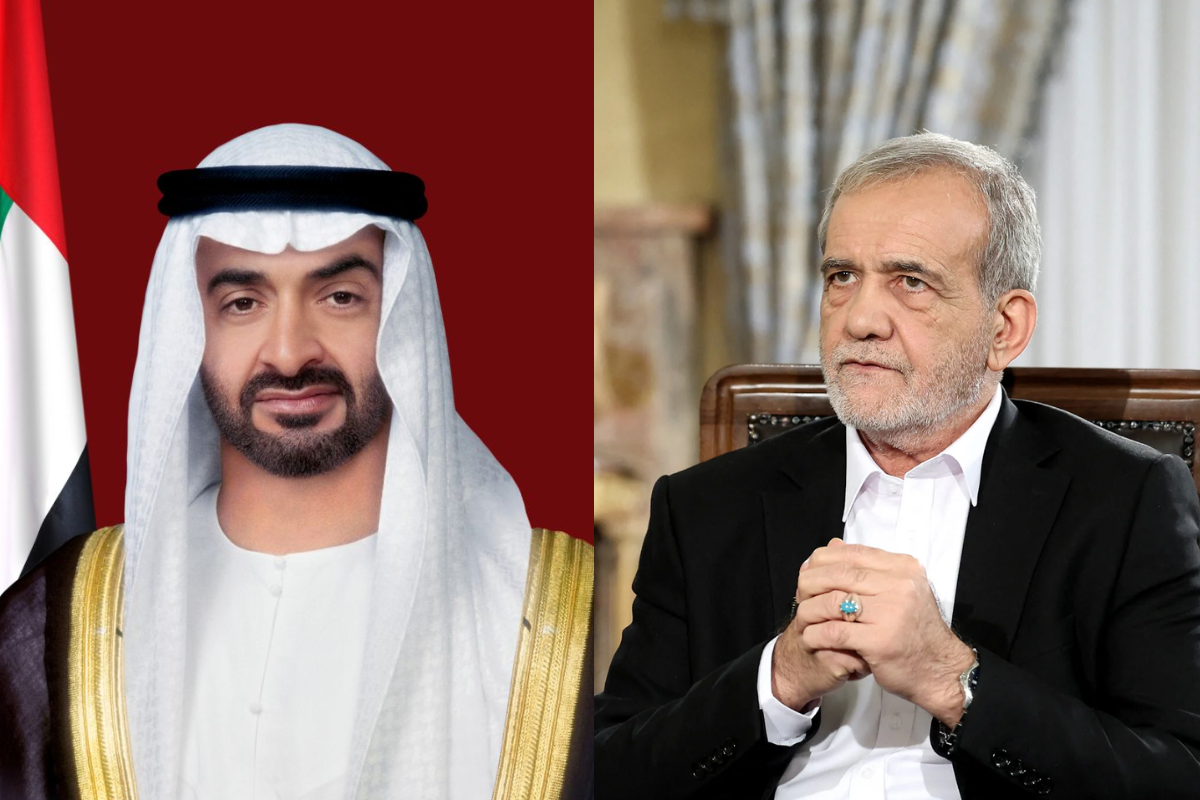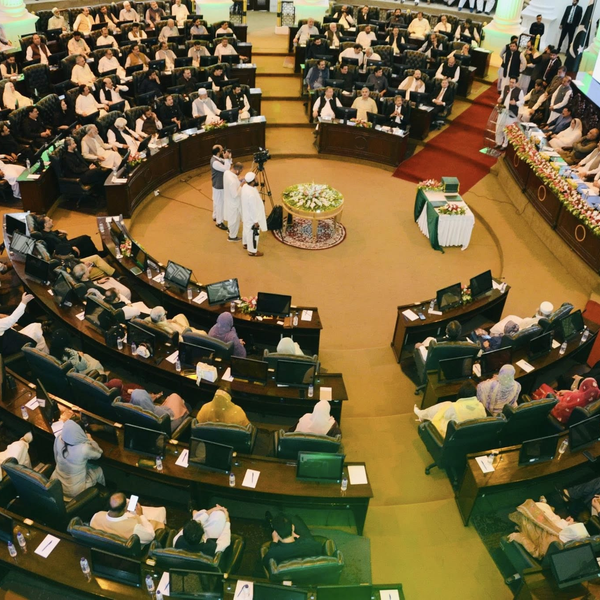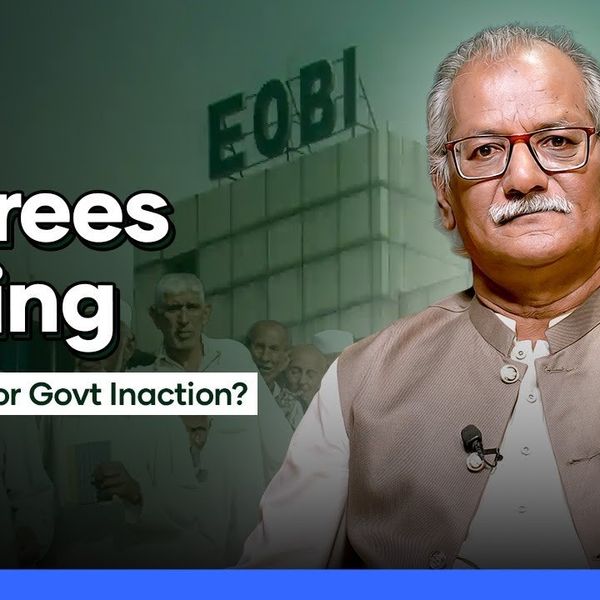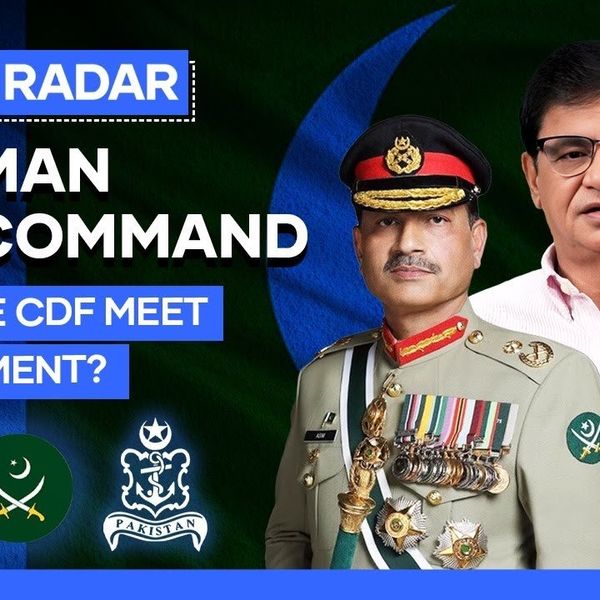UAE president holds phone call with Iranian counterpart
Sheikh Mohamed bin Zayed Al Nahyan voices solidarity with Iran, warns of broader regional crisis
News Desk
The News Desk provides timely and factual coverage of national and international events, with an emphasis on accuracy and clarity.

A picture showing UAE President Sheikh Mohamed bin Zayed Al Nahyan on the left and Iranian President Masoud Pezeshkian on the right.
Nukta
UAE President Sheikh Mohamed bin Zayed Al Nahyan spoke by phone with his Iranian counterpart Masoud Pezeshkian to discuss the rapidly deteriorating situation in the Middle East, as the conflict between Israel and Iran rages on.
Sheikh Mohamed conveyed the Emirates’ solidarity with the people of Iran in the face of ongoing Israeli attacks, according to WAM news agency. The leaders discussed the broader implications of the crisis, which has heightened fears of a wider regional war.
The conversation came as U.S. President Donald Trump said on Tuesday that while U.S. patience with Iran was “wearing thin,” Washington had no immediate intention of targeting Iranian leadership.
Explosions were reported in Tehran and the central city of Isfahan following renewed Israeli strikes on Tuesday. Israel claimed Iran had launched more missiles toward its territory, triggering air raid sirens in Tel Aviv and southern Israel. The Israeli military said it had killed Iran’s new wartime chief of staff, Ali Shadmani, who had assumed the role just four days earlier following the death of his predecessor in a similar strike.
Iran’s government, facing its most severe internal security breach since the 1979 Islamic Revolution, responded by banning officials from using mobile phones and other communication devices, according to Iran’s semi-official Fars news agency. Iranian media also reported that Israel had launched a “massive cyber war” targeting the country's digital infrastructure.
Sheikh Mohamed reiterated the UAE’s commitment to diplomatic engagement, stating that they are holding intensive consultations with all relevant parties to help de-escalate the crisis. He emphasized the UAE's support for any initiative aimed at restoring stability and preserving regional peace.
Since the October 7, 2023, Hamas attack on Israel — widely attributed to Iran-backing — Israel has been targeting Iranian proxies across the region, including Hezbollah in Lebanon, Houthi rebels in Yemen, and armed groups in Iraq.
Israel launched missile strikes after alleging Iran was on the brink of developing a nuclear weapon — a claim Tehran denies, maintaining that its nuclear program is intended solely for peaceful purposes as allowed under the Non-Proliferation Treaty (NPT). Israel, which is not a party to the NPT, is widely believed to possess nuclear weapons, though it neither confirms nor denies this.
Israeli Prime Minister Benjamin Netanyahu has vowed to continue the offensive until Iran’s nuclear capabilities are dismantled. Meanwhile, Trump indicated the Israeli assault could be halted if Tehran agrees to strict limits on uranium enrichment.










Comments
See what people are discussing